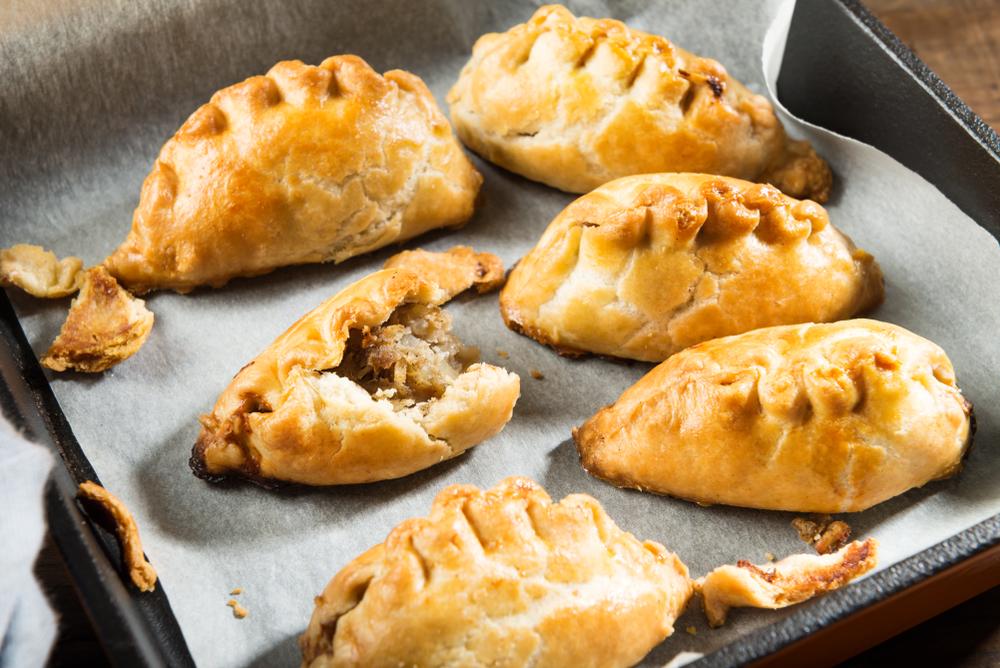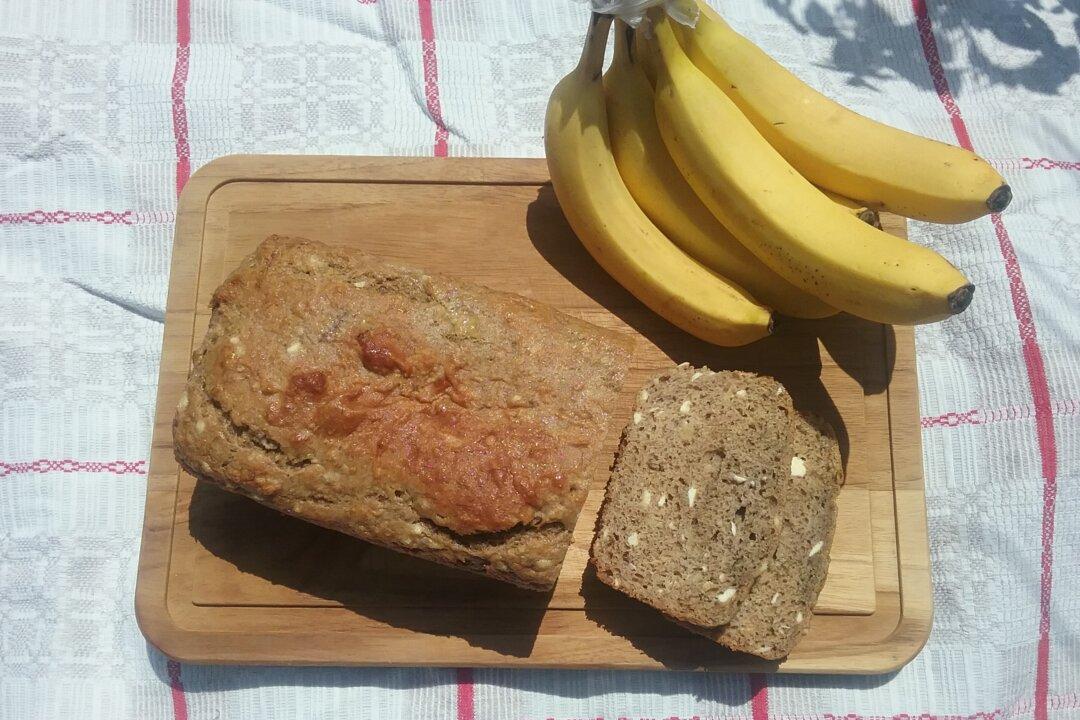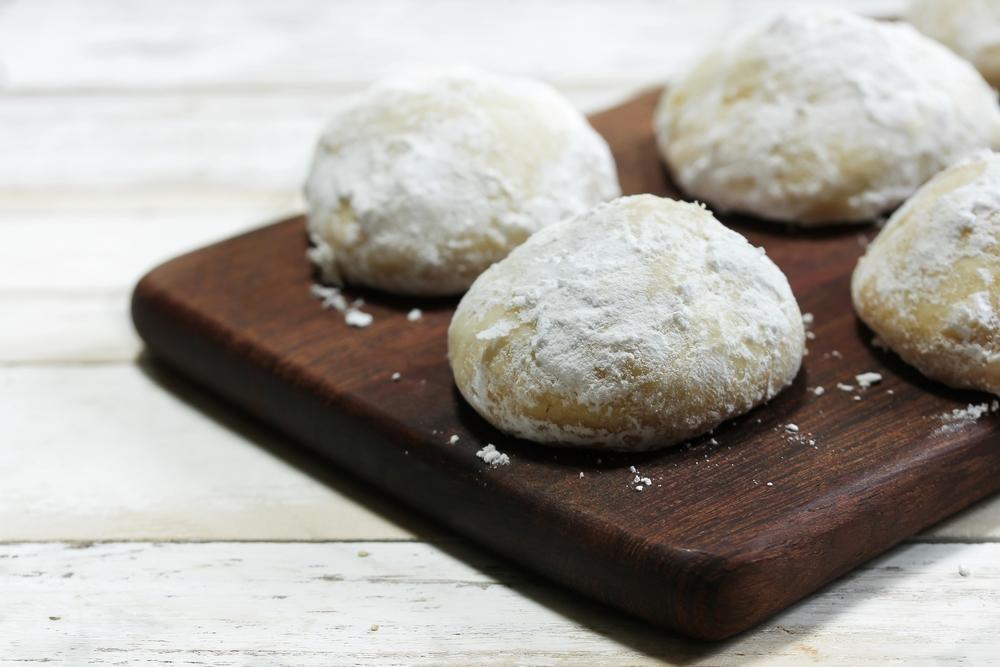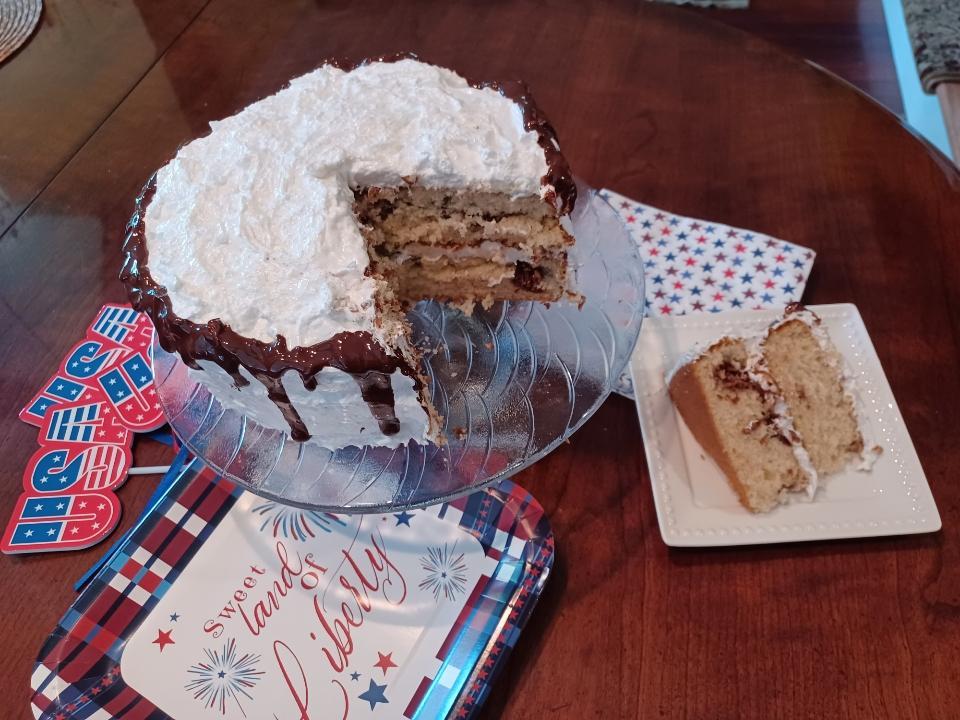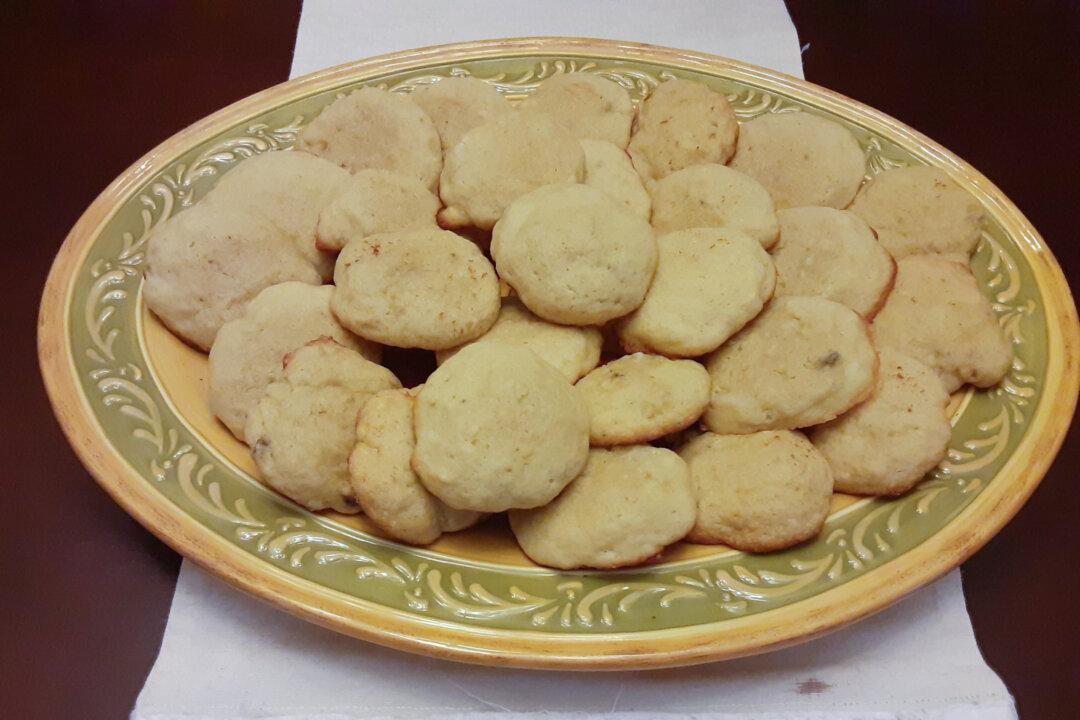Submitted by Pat King, Seattle, Washington
In 1900, my grandmother Maud Olive Medsker came to Butte, Montana, from Indiana and married Martin Setzer, who was from Kentucky. In all the years of their marriage, they never quit arguing about who won the Civil War. Meanwhile, my grandmother learned to make pasties from her Welsh neighbors.

